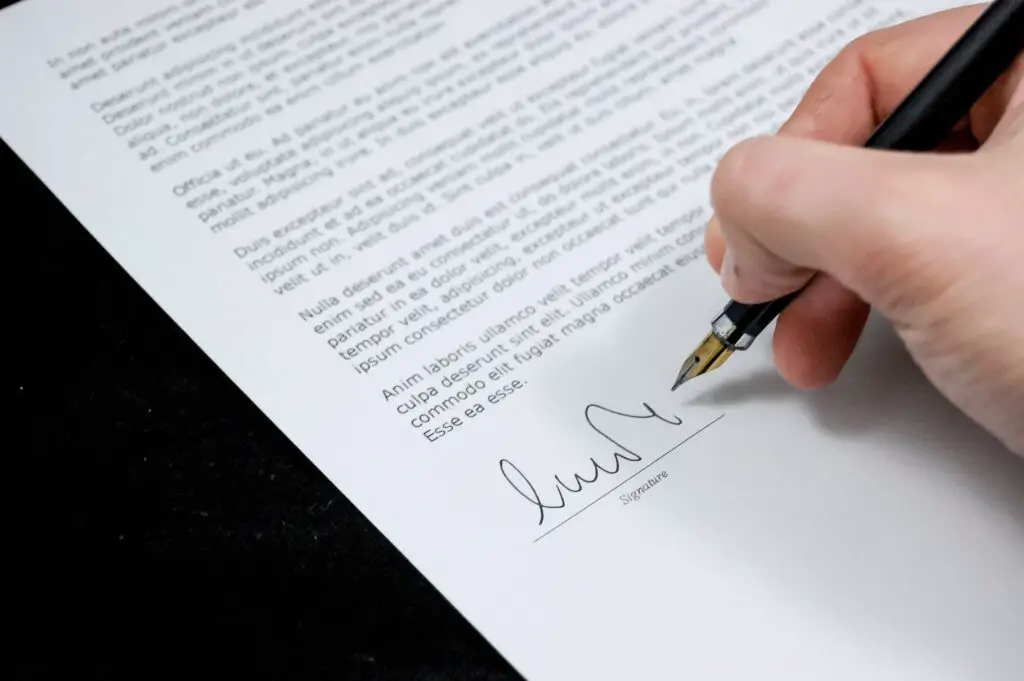Polite Ways to Say “Please Sign and Return”
In the labyrinth of professional communication, the subtleties of language often wield considerable power. Among the myriad nuances lies the simple request to “please sign and return.” While directness has its merits, a touch of finesse can elevate the request, transforming it from a mere transactional exchange into a courteous interaction. In this exploration, we delve into the art of politely asking for signatures and returns, navigating the delicate balance between formality and warmth.

Setting the Stage:
The Importance of Politeness
Before diving into the specifics, it’s crucial to understand why politeness matters in professional correspondence. Beyond the basic requirements of etiquette, politeness fosters goodwill, nurtures relationships, and enhances the overall tone of communication. In a world where impressions are formed swiftly and often endure, the choice of words can make a significant difference.
The Essence of Elegance:
Crafting Polite Requests
- “We Kindly Request Your Signature and Prompt Return”: This formulation infuses the request with a sense of warmth and courtesy. The use of “kindly” softens the directive, inviting cooperation rather than mandating compliance. Pairing it with “prompt” underscores the importance of timely action without resorting to sternness.
- “Your Signature Would Be Much Appreciated”: Here, the emphasis shifts from obligation to gratitude. By expressing appreciation in advance, the requester acknowledges the recipient’s contribution, fostering a sense of reciprocity. This approach appeals to the innate desire for acknowledgment and validation.
- “Could We Ask for Your Signature at Your Earliest Convenience?”: Employing the conditional tense adds a layer of politeness to the request. By framing the action as a polite inquiry rather than a demand, the requester conveys respect for the recipient’s time and priorities. Additionally, the phrase “at your earliest convenience” allows for flexibility, recognizing the recipient’s autonomy.
- “We Would Be Grateful for Your Signature and Swift Return”: This formulation strikes a balance between formality and warmth. The use of “grateful” conveys genuine appreciation, while “swift return” conveys the importance of timeliness without resorting to coercion. By appealing to the recipient’s goodwill, the requester fosters a sense of collaboration.
- “Could You Kindly Sign and Return the Document at Your Earliest Opportunity?”: This variation combines politeness with flexibility. The use of “could you kindly” adds a polite tone, while “earliest opportunity” allows the recipient to prioritize the task within their schedule. By respecting the recipient’s autonomy, the requester cultivates a positive rapport.
Conclusion
In the realm of professional communication, the choice of language can shape perceptions and outcomes. By infusing requests with politeness and elegance, individuals can foster goodwill, enhance relationships, and elevate the overall tone of correspondence. In the delicate dance of interactions, a simple “please sign and return” can become a gracious invitation, embodying the art of effective communication.

